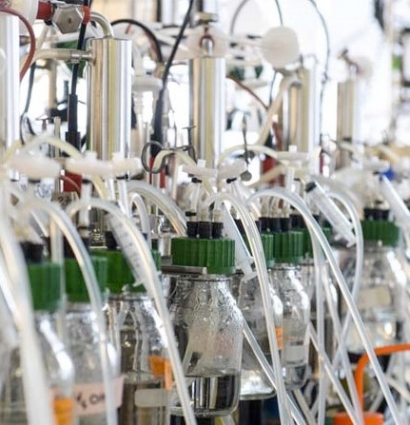
The present project, gathering industrialists from various fields, sets the foundations of a first-of-a-kind biorefinery converting residual wood to high performances drop-in renewable gasoline and jetfuel. With an estimated forestry residues potential of about 145 million tons per year, the European Union has the potential to support the deployment of hundreds of such biorefineries.
Peep Pitk, Head of R&D at Graanul Invest stated, “We are thrilled by the opportunity to be part of industrial consortia which focus on softwood residue streams valorisation in novel value chains and end-use markets. We believe it to be important to kick-start the biomaterials market with high sustainability standards, as it will add strong value to the softwood residues on long term basis.”
The 11 project partners coming from eight EU-member States have signed an agreement with the INEA which manages the Secure, Clean and Efficient Energy societal challenge of the Horizon 2020 program.
The project was selected under the name REWOFUEL, in the frame of the European HORIZON 2020 program for research and innovation, following a competitive process led by independent experts.
The objective is to demonstrate the new value chain at cubic meter scale by combining the technologies and know-how of participants as follows:
The program covers a total budget of €19.7 million ($23.1 million). Non-refundable grants totalling €13.9 million ($16.3 million) will be provided by the European Union, with the remainder being contributed by the participants. Global Bioenergies will be the coordinator of the project, and receive funding amounting to €5.7 million ($6.7 million). Additionally REWOFUEL will be supported by numerous industrialists including Air France and Safran.
Marc Delcourt, CEO of Global Bioenergies concluded, “While we make progress on our first commercial project based on sugar beet-derived sugars, this new grant from the H2020 program further supports our strategy to diversify the feedstocks usable in our Isobutene process, and thus opens the door to the deployment of our technology in many new geographies.”
This project has received funding from the European Union’s Horizon 2020 research and innovation program under grant agreement No 792104.

